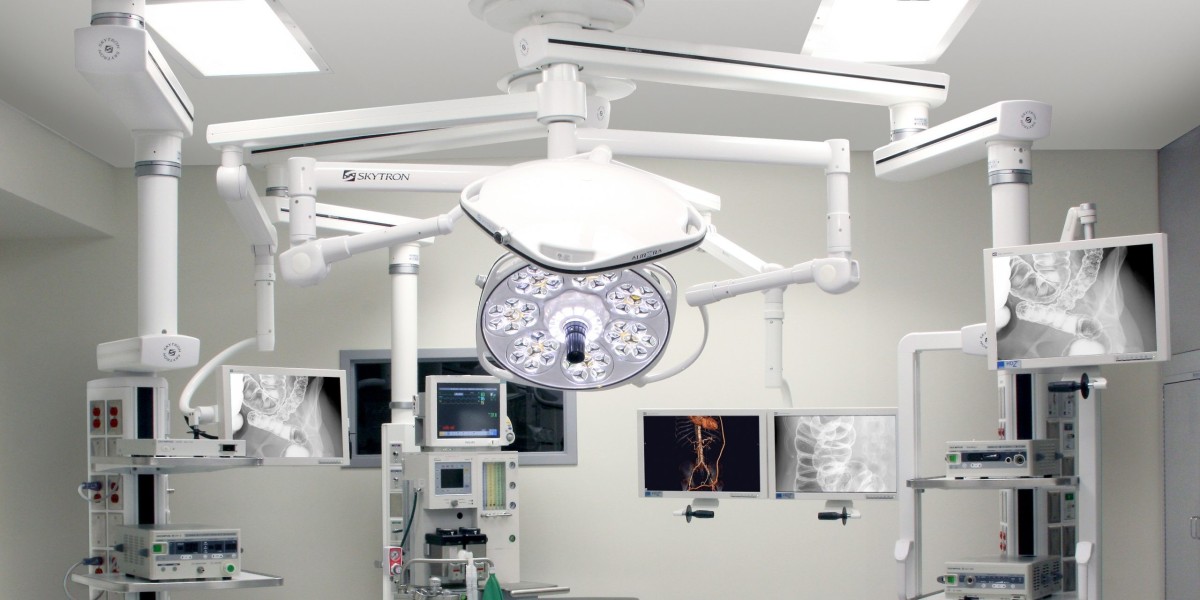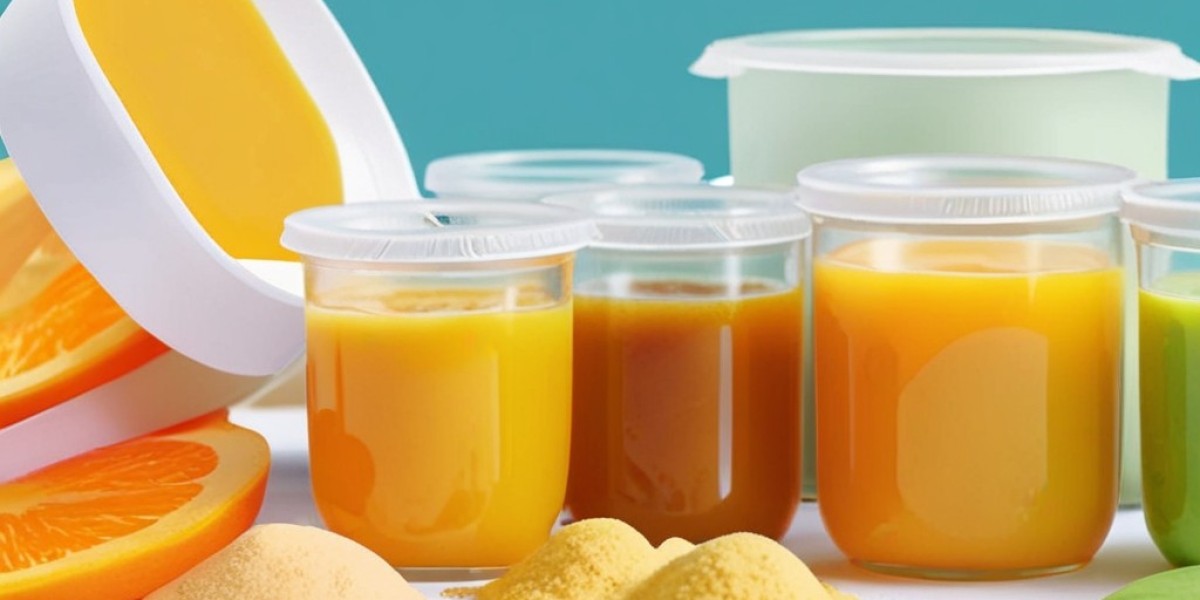Linoleum flooring has been a popular choice in various sectors due to its durability, sustainability, and affordability. With growing awareness of eco-friendly materials, the demand for linoleum flooring has expanded beyond traditional residential use. This article explores the diverse applications of linoleum flooring and how its market continues to evolve.
Residential Applications
Linoleum flooring is widely used in homes due to its cost-effectiveness, easy maintenance, and aesthetic appeal. Homeowners prefer linoleum for:
- Kitchens & Bathrooms: Resistant to moisture and easy to clean.
- Living Rooms & Bedrooms: Available in various designs and colors to complement interiors.
- Basements & Utility Areas: Provides durability and resilience in high-use areas.
With its anti-bacterial properties, linoleum is an excellent option for households seeking a hygienic and eco-friendly flooring solution.
Commercial Applications
The commercial sector has witnessed significant adoption of linoleum flooring due to its ability to withstand heavy foot traffic. Some key commercial applications include:
- Office Buildings: Offers a professional look with long-lasting performance.
- Retail Spaces: Provides aesthetic appeal while maintaining ease of cleaning.
- Hospitality Industry: Used in hotels and restaurants due to its design versatility.
Businesses appreciate linoleum’s low maintenance costs and resistance to wear and tear.
Healthcare & Educational Institutions
Hospitals, clinics, and schools are among the largest consumers of linoleum flooring because of its hygienic properties.
- Hospitals & Clinics: The anti-bacterial and anti-microbial nature of linoleum makes it an ideal flooring choice for healthcare environments.
- Schools & Universities: Offers a safe, slip-resistant, and noise-reducing flooring option for classrooms, hallways, and common areas.
The demand for sustainable, health-conscious flooring solutions has driven significant market growth in these sectors.
Industrial & Manufacturing Units
Industrial and manufacturing settings require flooring that is resistant to heavy equipment, chemicals, and spills. Linoleum provides:
- Factories & Warehouses: High durability and easy cleaning for industrial use.
- Laboratories & Research Centers: Anti-static properties suitable for controlled environments.
Its sustainability also aligns with many companies’ corporate responsibility initiatives.
Government & Public Infrastructure
Public buildings, transportation hubs, and municipal facilities often use linoleum flooring for its cost-effectiveness and longevity.
- Airports & Train Stations: Provides a durable and aesthetically appealing flooring choice.
- Libraries & Museums: Enhances design while offering noise reduction benefits.
Governments’ push for sustainable infrastructure has further fueled linoleum flooring demand.
Conclusion
Linoleum flooring continues to gain traction in multiple industries due to its durability, cost efficiency, and eco-friendly properties. From residential and commercial spaces to healthcare, education, and industrial facilities, linoleum has proven to be a versatile flooring solution. As sustainability trends grow, the market for linoleum flooring applications is expected to expand even further.



